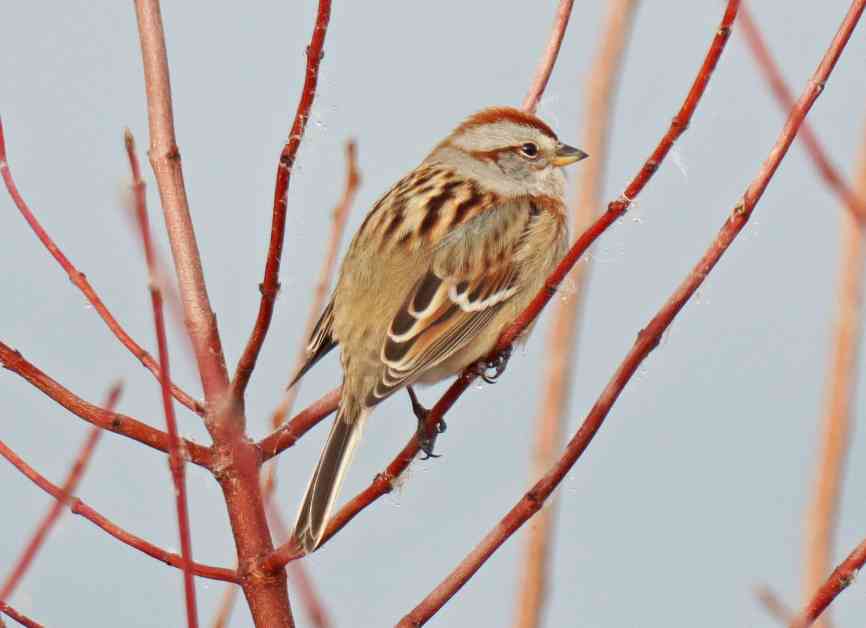State Wildlife Officials Encourage Iowans to Support Conservation Efforts
As tax season approaches, the Iowa Department of Natural Resources (DNR) is urging residents not to overlook the opportunity to contribute to wildlife conservation through the Fish and Wildlife Fund, affectionately known as the Chickadee Check-off. This initiative, spearheaded by Stephanie Shepherd, a dedicated state wildlife diversity biologist, aims to channel funds towards the conservation of non-game species across the state.
Shepherd emphasizes the critical role that contributions on the state tax form play in supporting the DNR’s efforts to protect a wide array of wildlife, including songbirds, raptors, frogs, toads, turtles, bumble bees, and butterflies. By allocating resources to habitat restorations and training volunteers to monitor wildlife populations, the fund enables the DNR to conduct essential conservation work on a statewide scale.
One notable success story resulting from these efforts is the Iowa Bumble Bee Atlas, a volunteer-driven project that recorded nearly 1,200 bumble bees representing ten species in its inaugural year. This initiative not only highlights the importance of community involvement in conservation but also underscores the significance of preserving biodiversity in the state.
Preserving Ecological Diversity: A Shared Responsibility
In addition to the financial support provided by Iowa taxpayers through the Chickadee Check-off, the DNR collaborates with experts like avian ecologist Anna Buckardt Thomas to address specific conservation challenges. Thomas, who is focused on tracking the migration patterns of the wood thrush, a forest songbird experiencing a concerning population decline, emphasizes the captivating nature of these avian species.
Describing the wood thrush’s distinctive flute-like song as a mesmerizing experience that can evoke a sense of wonder, Thomas underscores the importance of safeguarding these iconic creatures for future generations to appreciate. By shedding light on the delicate balance of ecosystems and the interconnectedness of species, experts like Thomas seek to raise awareness about the urgency of conservation efforts in safeguarding Iowa’s natural heritage.
From Past Contributions to Future Conservation
Over the years, Iowa taxpayers have demonstrated their commitment to wildlife conservation by contributing generously to the Chickadee Check-off. While the $134,000 raised last tax season reflects a commendable level of support, it also serves as a reminder of the declining trend in contributions since the fund’s inception in 1982.
As Shepherd reflects on the dwindling financial backing for conservation efforts, she underscores the importance of sustaining public interest and engagement in preserving Iowa’s diverse wildlife. By continuing to educate residents about the impact of their contributions and the tangible benefits of conservation programs, the DNR aims to inspire a new generation of conservation advocates.
In conclusion, the Chickadee Check-off serves as a poignant reminder of the collective responsibility we share in safeguarding the natural world. Through ongoing support and collaboration, Iowans can play a vital role in preserving the rich tapestry of non-game species that call the state home. As we navigate the complexities of modern life, let us not forget the simple yet profound impact of our actions on the world around us. Let us commit to protecting and cherishing the precious resources that sustain us, now and for generations to come.









